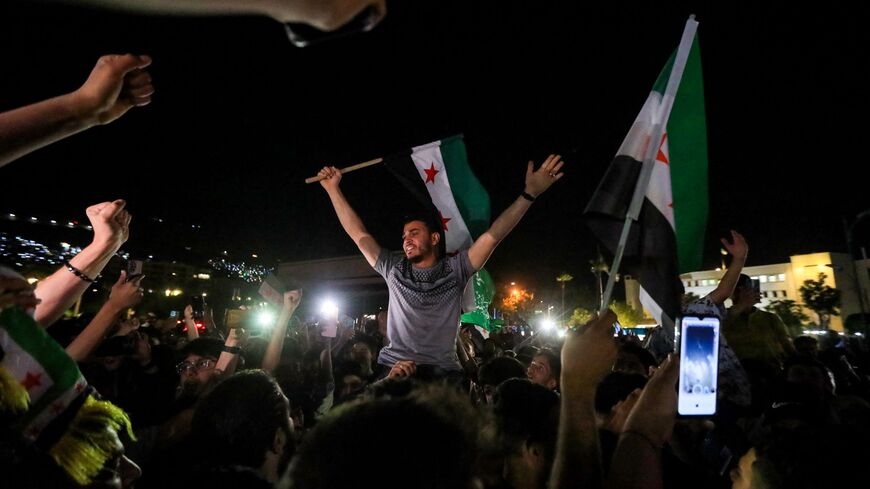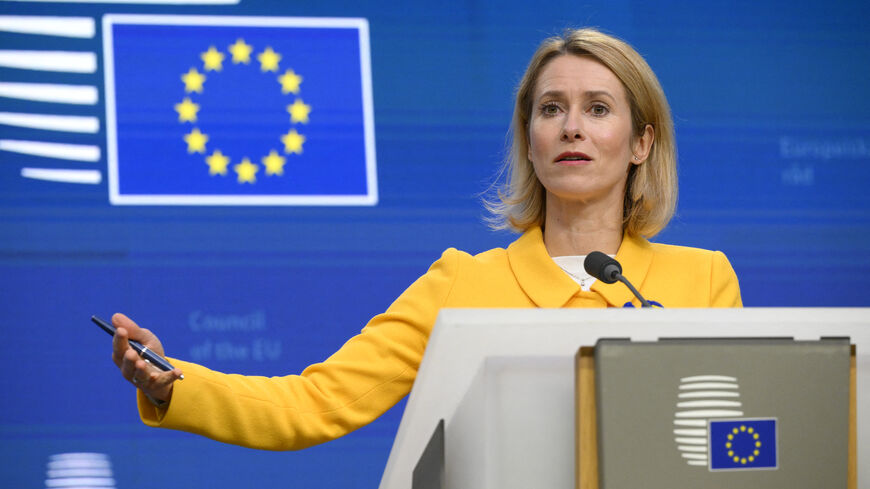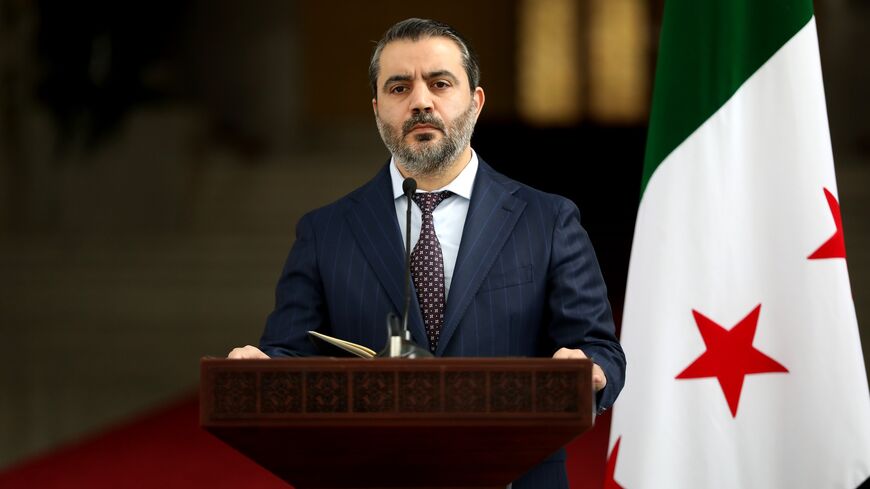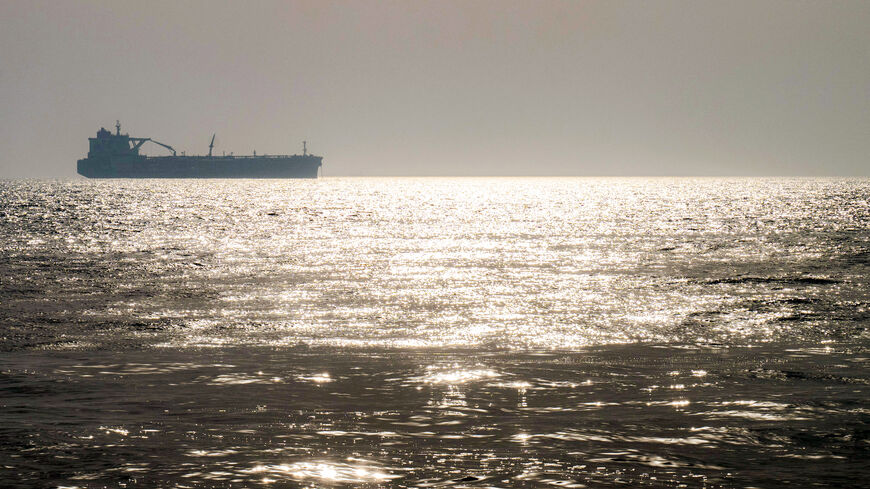Norway removes sanctions on Syria: What to know
Norway has moved to increase humanitarian assistance to Syria.
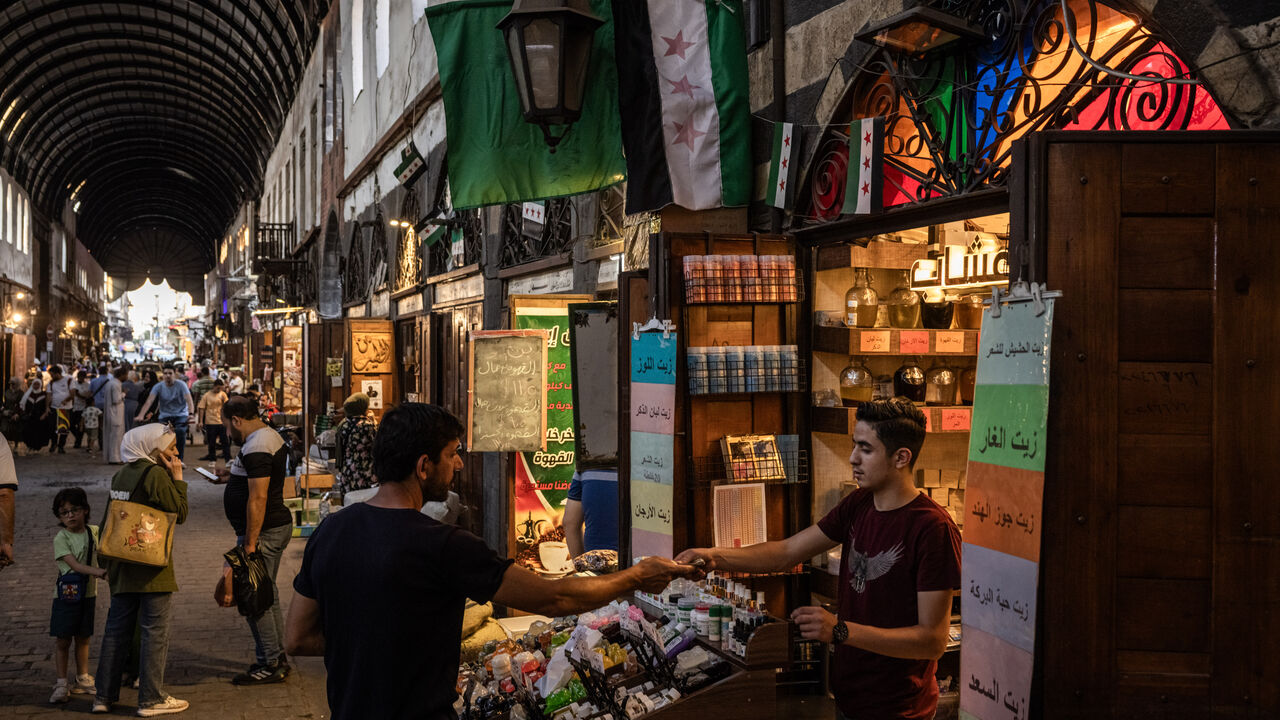
Norway announced the lifting of its sanctions on Syria on Wednesday, mirroring moves by the European Union and United States as Syria’s transitional government seeks help in rebuilding the economy.
The Norwegian Ministry of Foreign Affairs said most sanctions on Syria were lifted, save for those targeting figures in deposed President Bashar al-Assad’s regime. The move is intended to help Syria’s government recover from the civil war, the ministry said in a statement.
"The Middle East needs peace and stability more than ever. We must give the interim authorities in Syria the opportunity to build a better future for Syria,” it read.
The ministry noted the European Union’s removal of sanctions on Syria in May and US President Donald Trump’s sanctions relief move the following month. Norway is not a member of the EU.
Syria’s official news outlet SANA referred to Norway’s decision as part of "accelerating European diplomatic efforts to reconsider punitive policies toward Syria, in light of calls to enhance regional stability and take into account humanitarian conditions” in a Thursday report.
Assad was overthrown in a rebel offensive led by the jihadist group Hayat Tahrir al-Sham in December. HTS leader Ahmed al-Sharaa has been leading the country since then, and was appointed president of Syria in late January.
Background: Norway imposed sanctions on Syria in 2011 in response to Assad’s crackdown on protesters that sparked the civil war. The measures prohibited dealing with Syrian financial institutions, including the Central Bank, as well as supplying oil and other products to Syria.
In January, Norwegian Foreign Minister Espen Barth Eide visited Syria, where he met with Sharaa and voiced support for the country’s political transition.
Eide praised the EU in May after the body lifted sanctions on Syria, saying in a post on X, "Norway aligns itself with this move. We must allow the government of President Al-Sharaa and the Syrian people the opportunity to rebuild and unite Syria.”
Why it matters: Norway is seeking to maintain its aid to Syria with the new government in charge. Minister of International Development Asmund Aukrust visited Damascus in May, after which Oslo announced an additional $1.9 million in funding toward the United Nations' humanitarian efforts in Syria.
Norway’s overall aid to Syria will total $39.7 million in 2025, down from around $109 million in 2024, according to the Foreign Ministry.
The sanctions relief comes as Syria seeks oil. The country’s oil industry was devastated by the civil war, with exports currently at around 90,000 barrels per day, down from 442,000 bpd in 2004, S&P Global noted in a Tuesday report. The removal of Western sanctions is “expected to further reopen its access to international markets, enabling oil exports and imports and securing investment needed to rehabilitate its oil and gas sector,” according to the company.
S&P Global noted that Syria imported 9.26 million barrels of crude oil, fuel oil and related products between February and June, including from Russia and Turkey.
Russia, which backed Assad during the civil war but has moved to establish relations with Sharaa, sent its first oil shipment to Syria in March, Reuters reported at the time. Turkey is close to the new Syrian government and backed some of the rebel groups that fought alongside HTS in the war.
Norway was the seventh-largest exporter of crude petroleum in the world in 2023, exporting $49.7 billion of the product, according to the Observatory of Economic Complexity. The majority of Norway’s customers were European that year and oil was not among the Scandinavian country’s exports to Syria in 2010 before the war began, per the observatory.
In May, the Norwegian Energy Ministry announced its largest-ever area for oil exploration in a bid to boost output.

